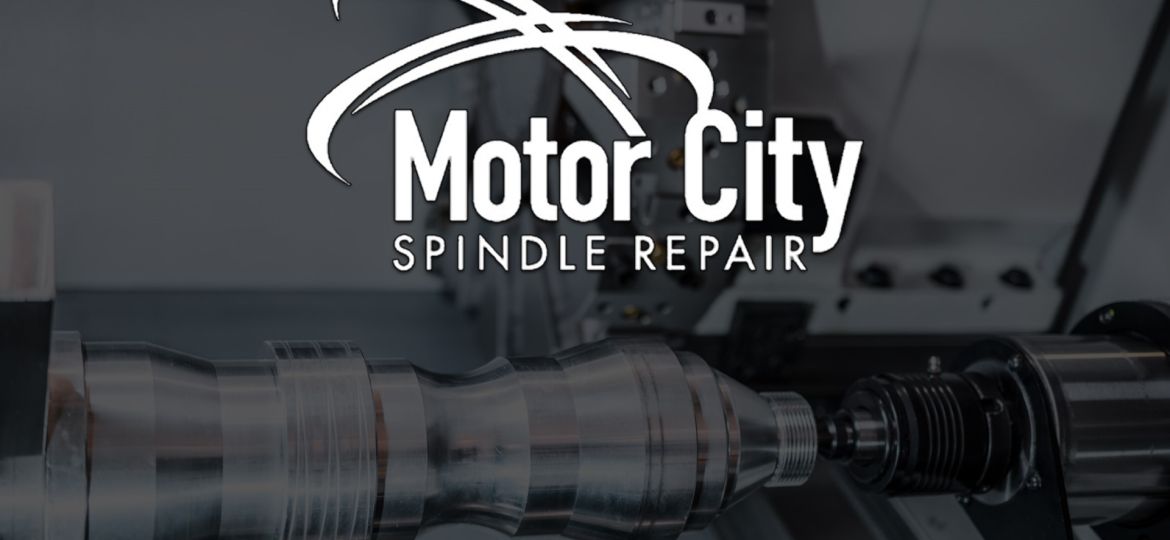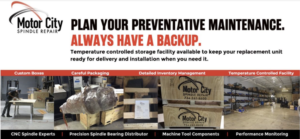
Demystifying CNC Spindle Encoders: Enhancing Precision in Machining
In the world of computer numerical control (CNC) machining, precision is paramount. Whether it’s crafting intricate components for aerospace applications or producing precise molds for medical devices, CNC machines play a pivotal role in modern manufacturing processes. At the heart of these machines lies a crucial component known as the spindle encoder, which contributes significantly to the accuracy and efficiency of machining operations.
So, what exactly is a spindle encoder?
In simple terms, a spindle encoder is a sensor that monitors the rotational position and speed of the spindle in a CNC machine. It provides real-time feedback to the control system, allowing it to precisely regulate the rotation of the spindle and the movement of cutting tools. This feedback loop is essential for maintaining accuracy, consistency, and efficiency throughout the machining process.
Now, let’s delve deeper into the workings of a CNC spindle encoder:
1. Rotational Position Sensing: A spindle encoder typically utilizes optical or magnetic sensing technology to detect the rotational position of the spindle. Optical encoders employ a light source and photodetectors to track the movement of a rotating patterned disc, while magnetic encoders use Hall effect sensors to detect changes in magnetic fields caused by rotating magnets. By precisely measuring these changes, the encoder can determine the exact position of the spindle at any given moment.
2. Speed Measurement: In addition to monitoring position, spindle encoders also provide accurate speed feedback. By analyzing the frequency of the encoder’s output signals, the control system can calculate the rotational speed of the spindle with high precision. This information is crucial for maintaining consistent cutting speeds, especially when machining complex geometries or working with different materials.
3. Closed-Loop Control: One of the key advantages of spindle encoders is their role in closed-loop control systems. In a closed-loop system, the control unit continuously compares the desired spindle position or speed with the actual feedback from the encoder. If any discrepancies are detected, the control system can make real-time adjustments to ensure that the spindle remains on track. This level of control not only enhances accuracy but also allows for adaptive machining strategies, such as adjusting cutting parameters based on varying material properties or tool wear.
4. Error Compensation: Another critical function of spindle encoders is error compensation. Over time, factors such as thermal expansion, mechanical wear, and tool deflection can introduce errors into the machining process. By constantly monitoring the spindle’s position and speed, the encoder enables the control system to compensate for these errors, ensuring that the final machined parts meet the desired specifications.
5. Application Flexibility: Spindle encoders come in various forms and configurations to suit different CNC machining applications. From simple incremental encoders that provide basic position and speed feedback to high-resolution absolute encoders capable of precise angular measurement, there’s a wide range of options available to meet the needs of diverse industries and machining requirements.
In conclusion, CNC spindle encoders play a vital role in modern manufacturing by providing accurate feedback, enabling closed-loop control, and enhancing the precision and efficiency of machining operations. As technology continues to advance, we can expect further innovations in encoder design and functionality, further pushing the boundaries of what’s possible in CNC machining.
CONTACT US ANYTIME IF YOU’D LIKE TO CHAT WITH OUR EXPERTS OR STOP BY OUR 25,000 SF MANUFACTURING FACILITY LOCATED IN DEARBORN, MICHIGAN!(734) 261-8600 OR EMAIL US AT SALES@MOTORCITYREPAIR.COM

*All quotes are accompanied by a detailed failure analysis report
*We frequently repair spindles in 2-5 business days in emergency situations
*Normal time averages 1-3 weeks for standard repairs
*We keep precision bearings, seals, o-rings, encoders, and other commonly replaced spindle parts in stock and on hand
*Always available 24 hours a day and 7 days a week for emergency repair service
*We deliver the repaired product to you
*Our repairs are balanced, test ran, and certified with a full 1 Year Warranty
*We repair or build new depending on your needs
*Guaranteed cost savings
Need a FREE ESTIMATE? Click HERE
To view our most recent blog post, click HERE
Have questions about ballscrews? Check out our BALL SCREW WEBSITE
